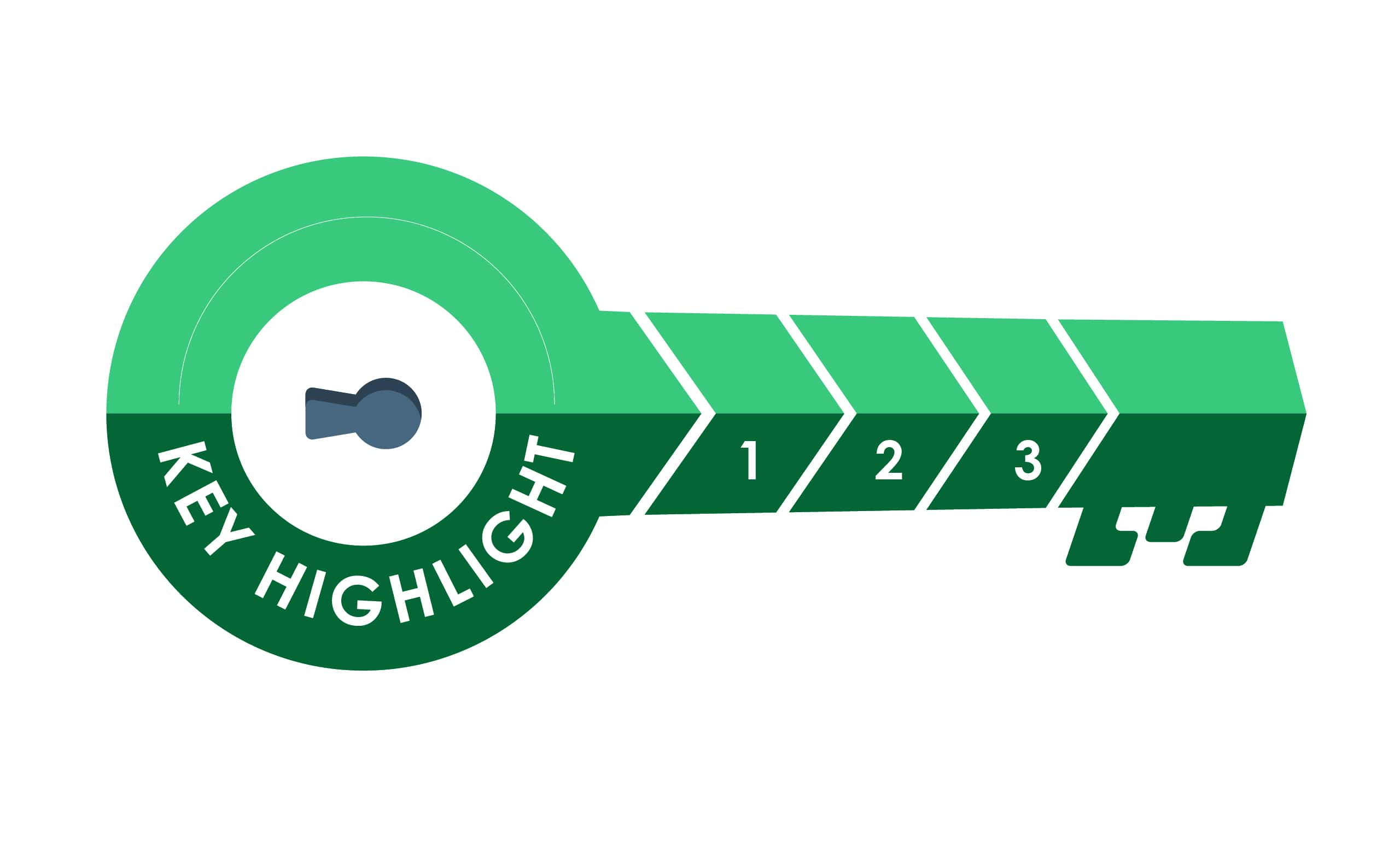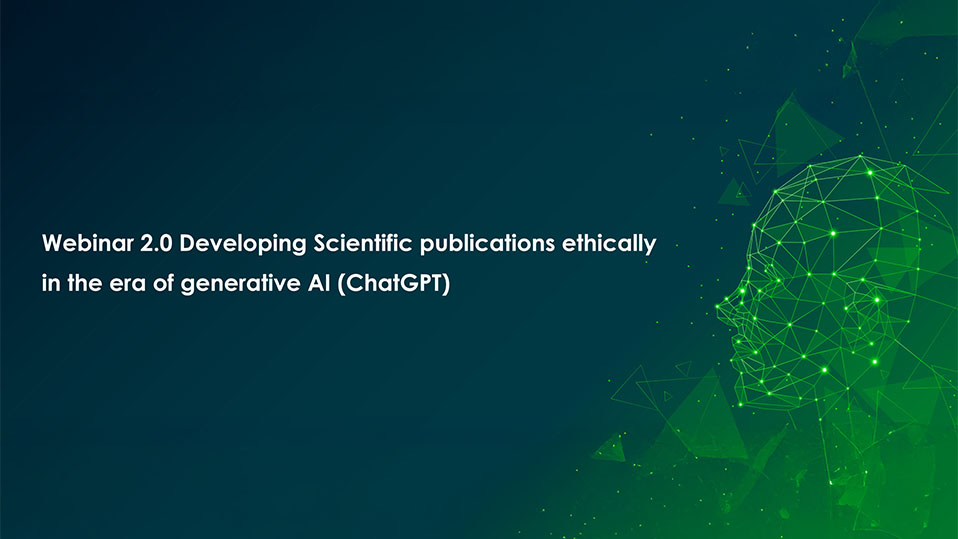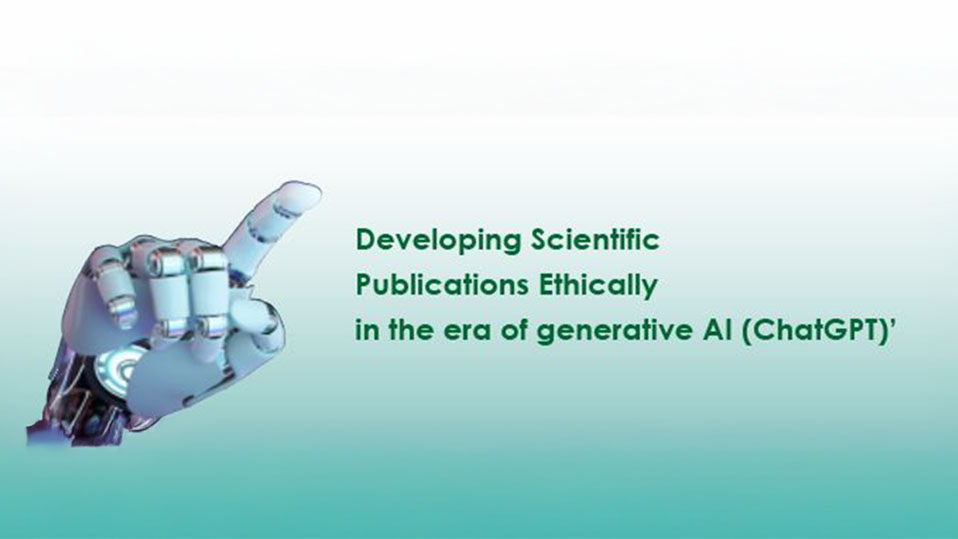
We’ve all received invitations to publish in journals or attend conferences, but many of these may be predatory in nature. Predatory journals and conferences threaten the academic community by accepting low-quality studies, often charging fees without conducting proper reviews. The webinar explored the dangers of phishing activities, misrepresentation, and how predatory journals and conferences negatively impact researchers’ careers.

All academicians have undoubtedly received invites to publish their papers in some or the other journals. Many of you must have even received invitations to attend or present at various conferences at some point. But do you know that these may be predatory in nature!! Are you aware of the immense threat of phishing activities? They have a tremendous impact on the academic community. As a researcher, your career may be adversely affected if you submit your work to publications or conferences that are predatory.
Predatory journals are a threat worldwide. These journals accept articles for publication and may charge authors’ fees, without performing promised quality checks for issues like plagiarism or ethical approval. Even worse, they do not reject poor quality studies. It is often difficult to identify such journals as they misrepresent members of the journal’s editorial board, make deceptive claims of indexing or membership of associations and also about the rigour of peer review. The victims are not just readers; several researchers have been tricked into submitting to predatory journals where their work might be ignored. Likewise, predatory conferences have been on a rise, especially after the pandemic. Pretending to be legitimate scientific conferences, their goal is to profit from registration fees while making no qualitative contributions to the scientific community. Many researchers are duped by their catchy taglines and tempting offerings. Even seasoned researchers have occasionally been exploited by such predatory conferences.


The biggest challenge is that many researchers are unable to discriminate between legitimate conferences/journals and the predatory ones. Our upcoming webinar will give you an overview of what predatory conferences and/or journals are and how to identify them effectively. You will also know what can be done to prevent yourself from falling prey to these fake activities.

Take the next step in advancing your healthcare communications career by joining our upcoming webinars. These sessions offer a valuable opportunity to expand your knowledge, sharpen your skills, and connect with industry professionals. Don’t miss out on this chance to grow and learn from the experts.
Our past webinars have covered a diverse range of topics, from industry trends to best practices and case studies. Explore these sessions to discover our expertise and stay tuned for more exciting sessions ahead.

Generative AI is a game-changer for scientific research, enabling researchers to explore new questions, test hypotheses, and discover patterns. This

With the rise of AI tools like ChatGPT and DALL-E 2, researchers are using these innovations to write articles, conduct

The advent of generative AI tools has transformed how we approach literature searches, reviews, and summarizations in scientific writing. These

This high-impact 30-minute session, led by Dr. Dipanwita Mukherjee, will help you align your budget with project goals, avoid common

Partner with Turacoz to bring science to life through strategic and evidence-based communication.